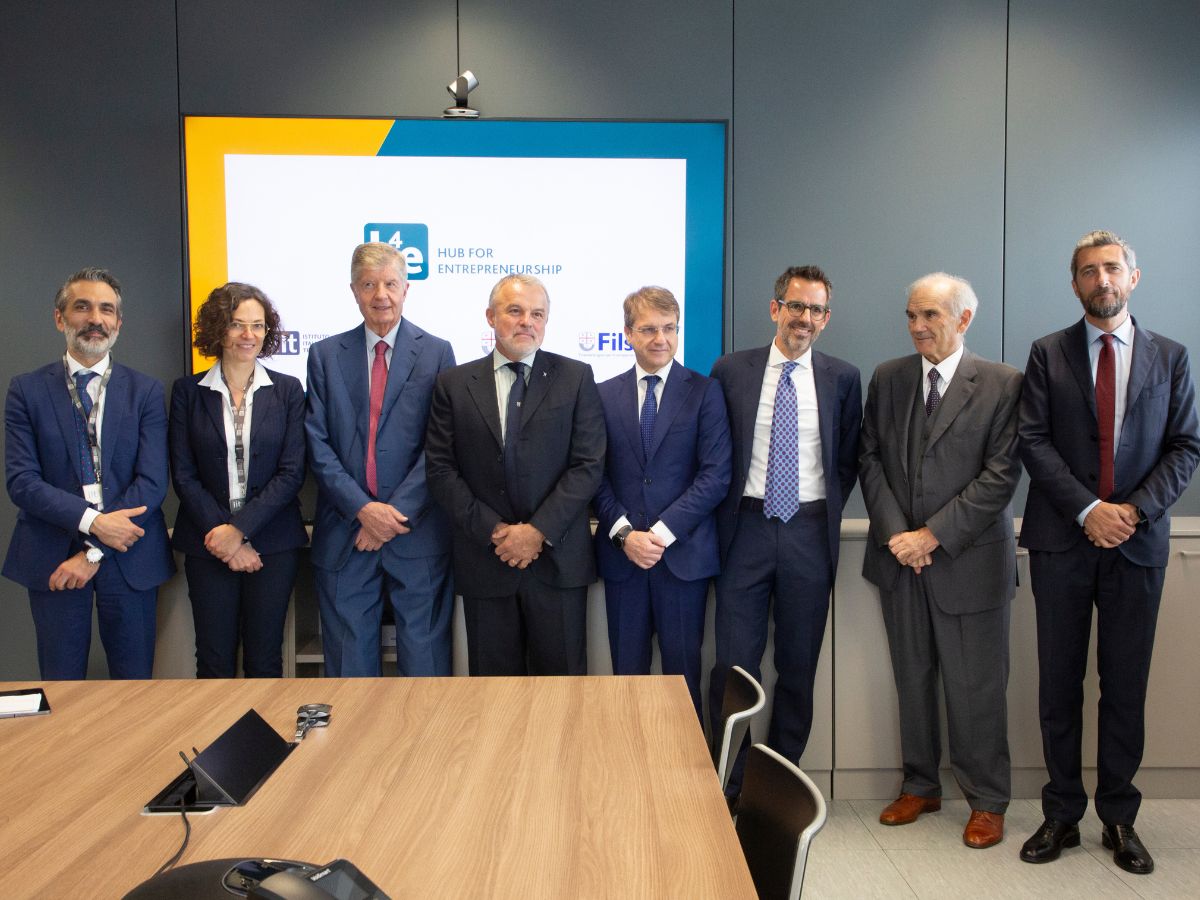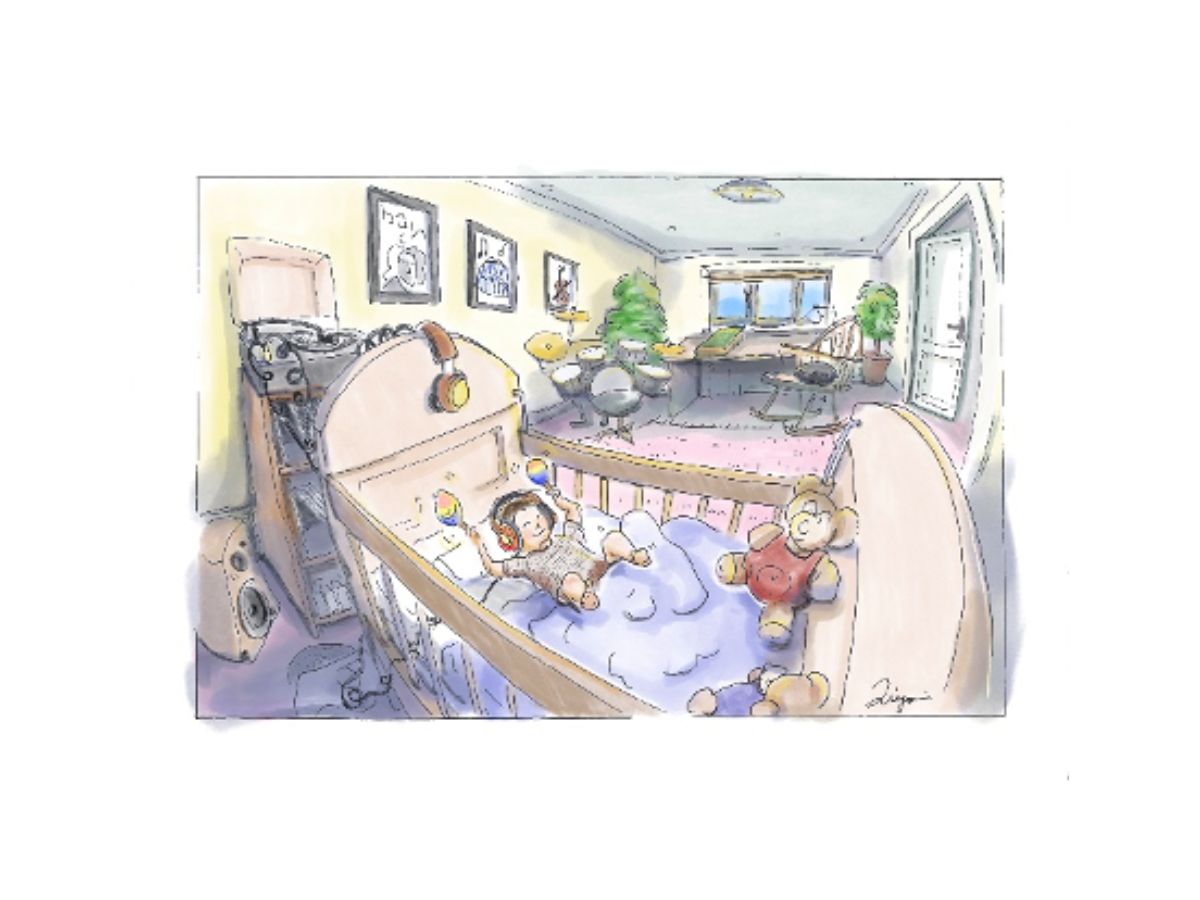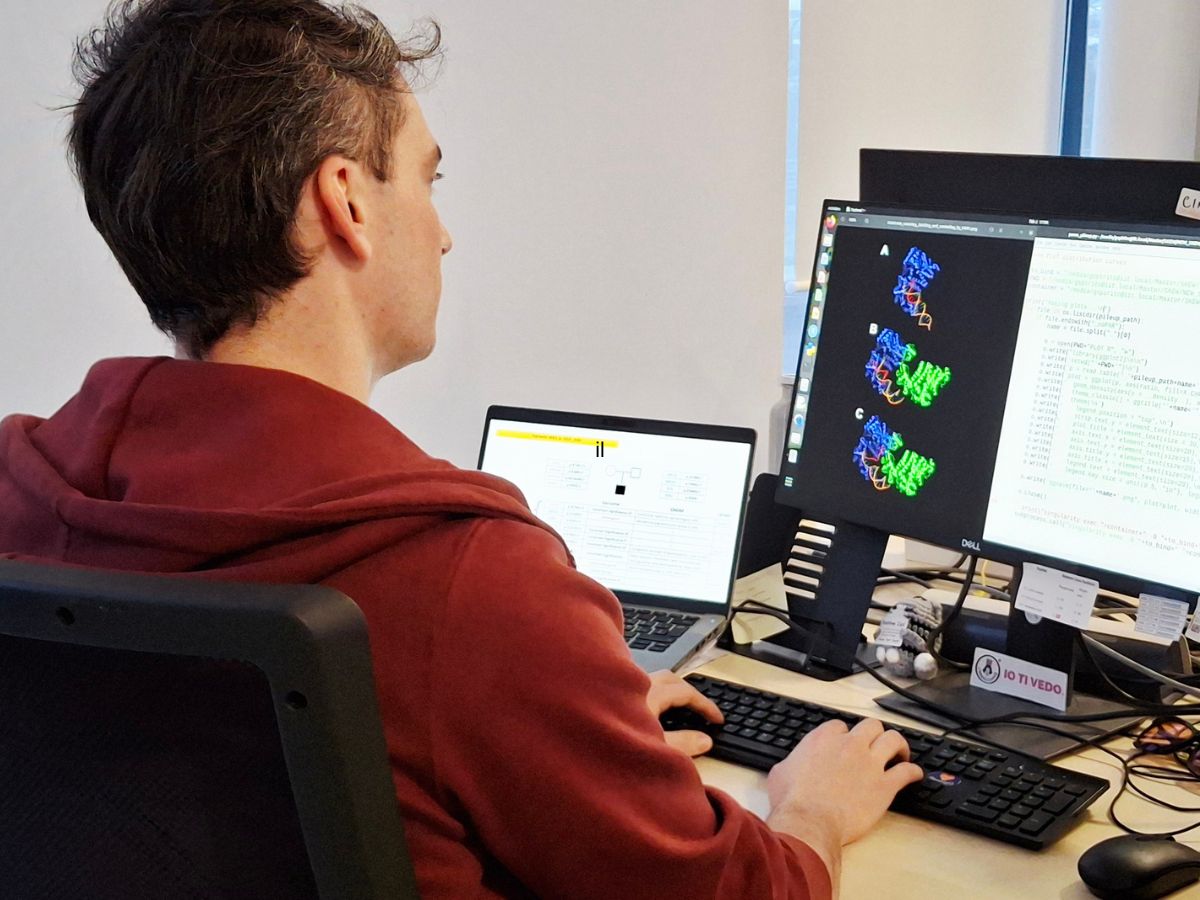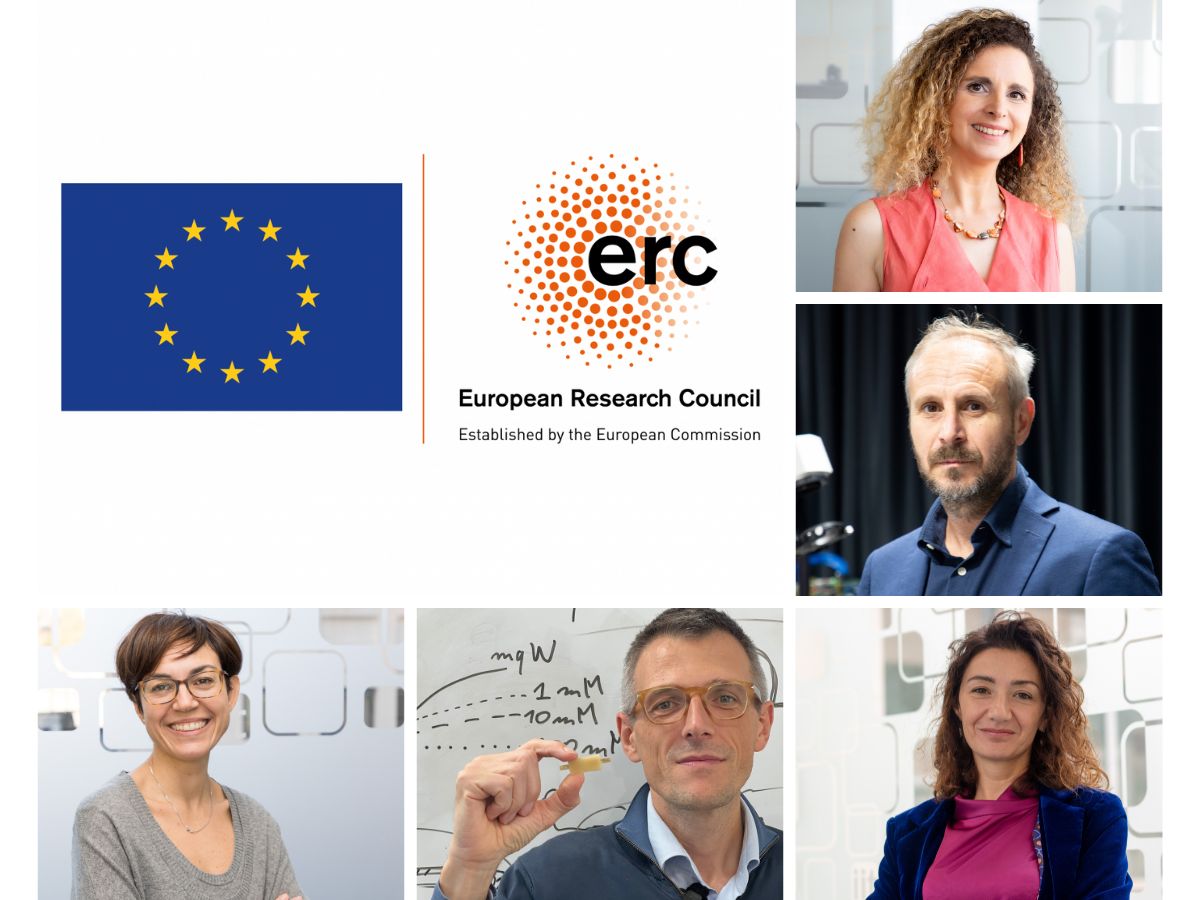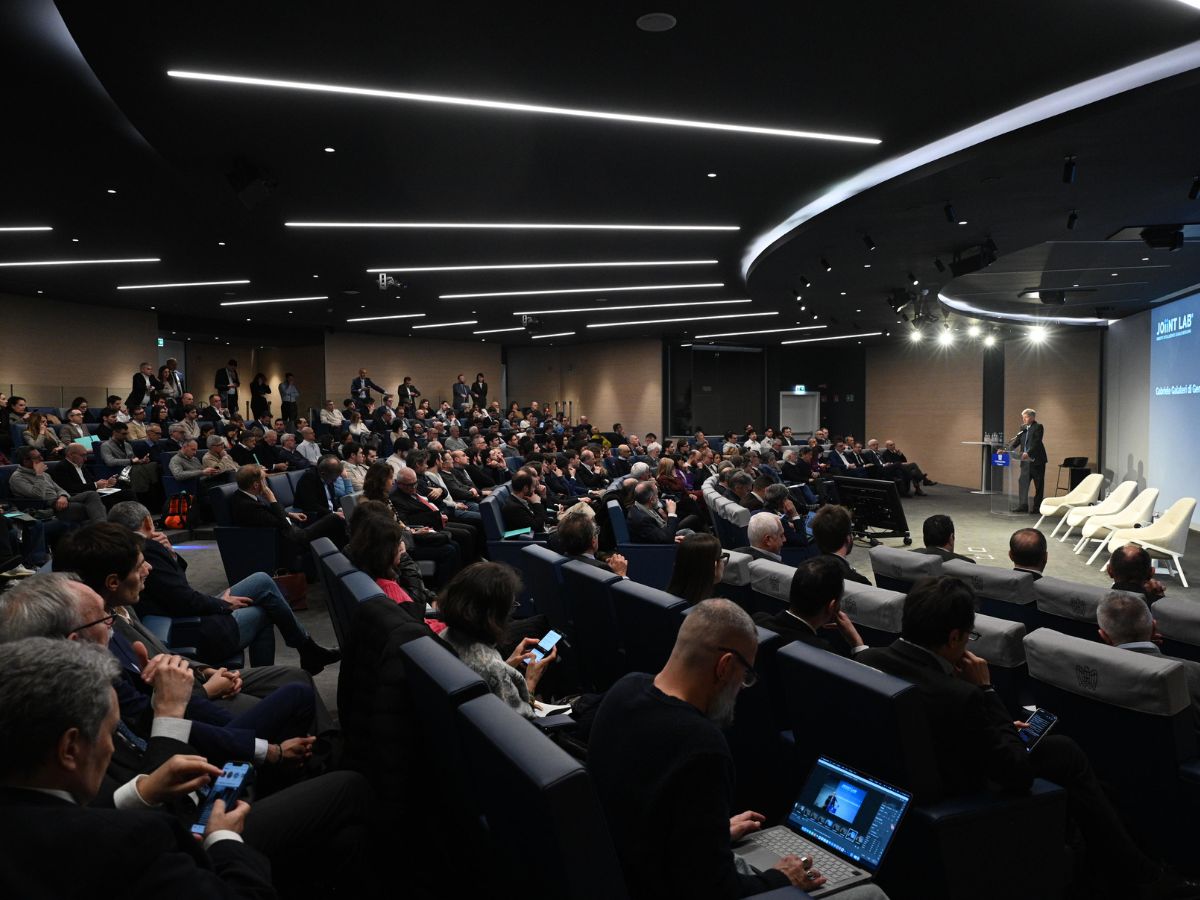Today, the new incubator managed by the Italian Institute of Technology (IIT) and built by Invitalia with the support of Filse and the Liguria Region was presented at the Erzelli Technological Park
Today, the inauguration took place on the 11th floor of Tower B at the Erzelli Scientific and Technological Park for the new business incubator H4E – Hub for Entrepreneurship. This initiative is the result of collaboration between the Liguria Region, FILSE S.p.A., Invitalia, and the Italian Institute of Technology (IIT). The project is part of the broader redevelopment effort known as the “Erzelli Scientific and Technological Park of Genoa,” which has already seen the establishment of the Center for Human Technologies (CHT – IIT).
The launch event on June 13th was presented by IIT President Gabriele Galateri di Genola, IIT Scientific Director Giorgio Metta, and IIT Technology Transfer Director Lorenzo De Michieli. The event featured greetings from Mario Mascia, the City of Genoa’s Assessor, and Andrea Benveduti, the Liguria Region’s Assessor. Additionally, Luigi Gallo, Head of Incentives and Innovation at Invitalia, and Lorenzo Cuocolo, President of Filse, gave their insights. The morning session concluded with a presentation by Agnieszka Wykowska, Coordinator of the Center for Human Technologies (CHT) at Erzelli, outlining the scientific activities taking place within CHT@Erzelli’s labs.
H4E, beyond being IIT’s “entrepreneurship hub” where startups born from the Institute can take their first steps in the market, will serve as a structure supporting the growth and development of entrepreneurial ideas stemming from research efforts in Liguria within the context of the Smart Strategy.
H4E occupies an entire floor of CHT (approximately 1500 square meters) and is divided into modular offices, meeting rooms, and laboratories for innovative solutions’ development. It also includes a communal area where researchers and entrepreneurs can collaborate and share ideas.
The incubator will feature various laboratories available to the companies hosted within it:
- Robotics, Mechatronics, Electronics, and Interactions Laboratory – designed to support startups focused on developing mechatronic products, medical devices, or wearable devices. The tools offered by this laboratory enable multidisciplinary prototype development, from initial testing to verification and validation of devices.
- Materials Science Laboratory – created to support startups in the field of innovative materials, as well as those involved in technologies for alternative energy production, new battery types, fuel cells, or projects within the biomedical sector utilizing innovative materials like surgical prostheses. The laboratory also features rapid prototyping tools, including a professional 3D printer capable of producing high-resolution prototypes and an inkjet printer for printing conductive circuits.
Additionally, the incubator will be connected through high-speed lines to the “Franklin4e” supercomputer – Franklin for Enterprises – a section of IIT’s High-Performance Computing (HPC) facility capable of performing 1.5 trillion calculations per second. This supercomputing power supports a wide range of applications, from weather forecasts to medical imaging diagnostics, genetic studies, bioinformatics, molecular dynamics simulations, computer vision, and the creation of digital twins for industrial applications.
Meanwhile, an international selection process has been launched to choose a professional with a mixed background in research and entrepreneurship to join IIT’s technology transfer team and oversee the incubator’s development.
H4E will be closely connected with the RAISE innovation ecosystem, a joint initiative of IIT, the University of Genoa, CNR, and the Liguria Region funded under the National Recovery and Resilience Plan (PNRR). RAISE will establish its operational headquarters within the HUB’s incubator and the technology transfer structure (referred to as Spoke 5). RAISE, leveraging H4E’s infrastructure, will develop projects in robotics and artificial intelligence applied to various areas, including health, biodiversity, port activities, and smart cities, with a strong focus on transferring developed technologies.

